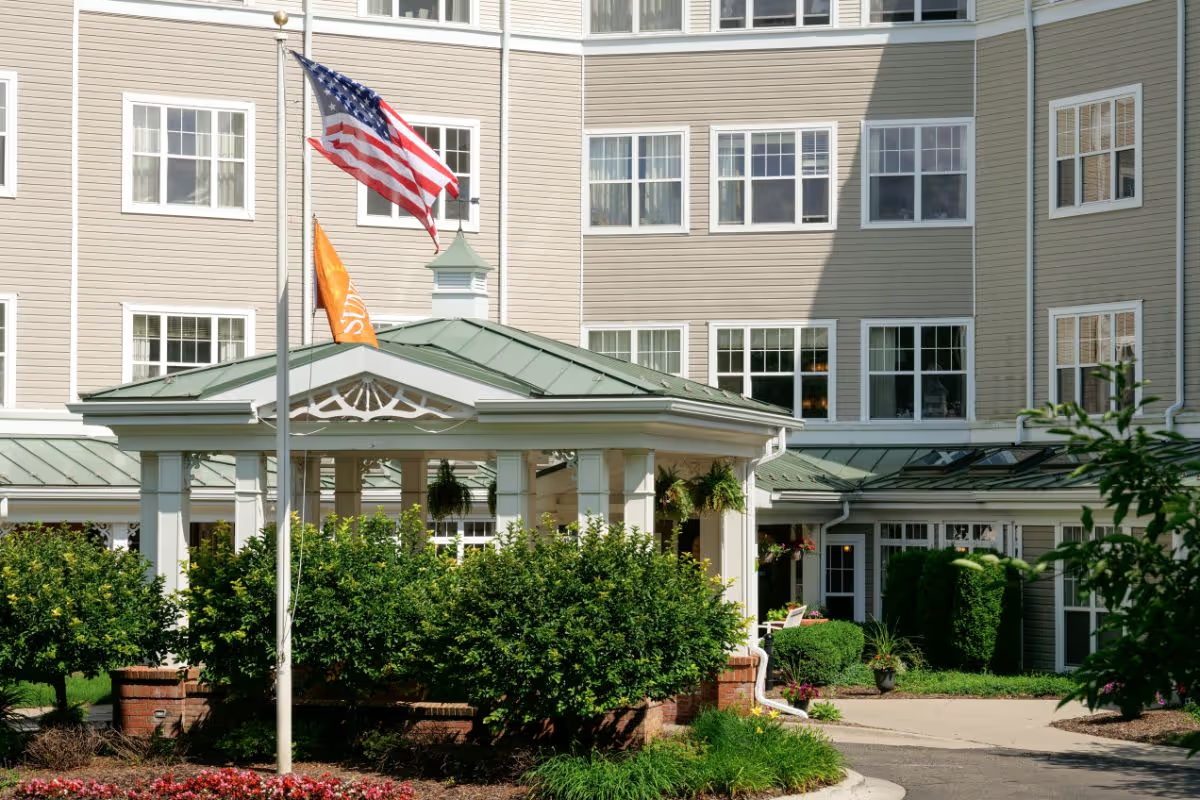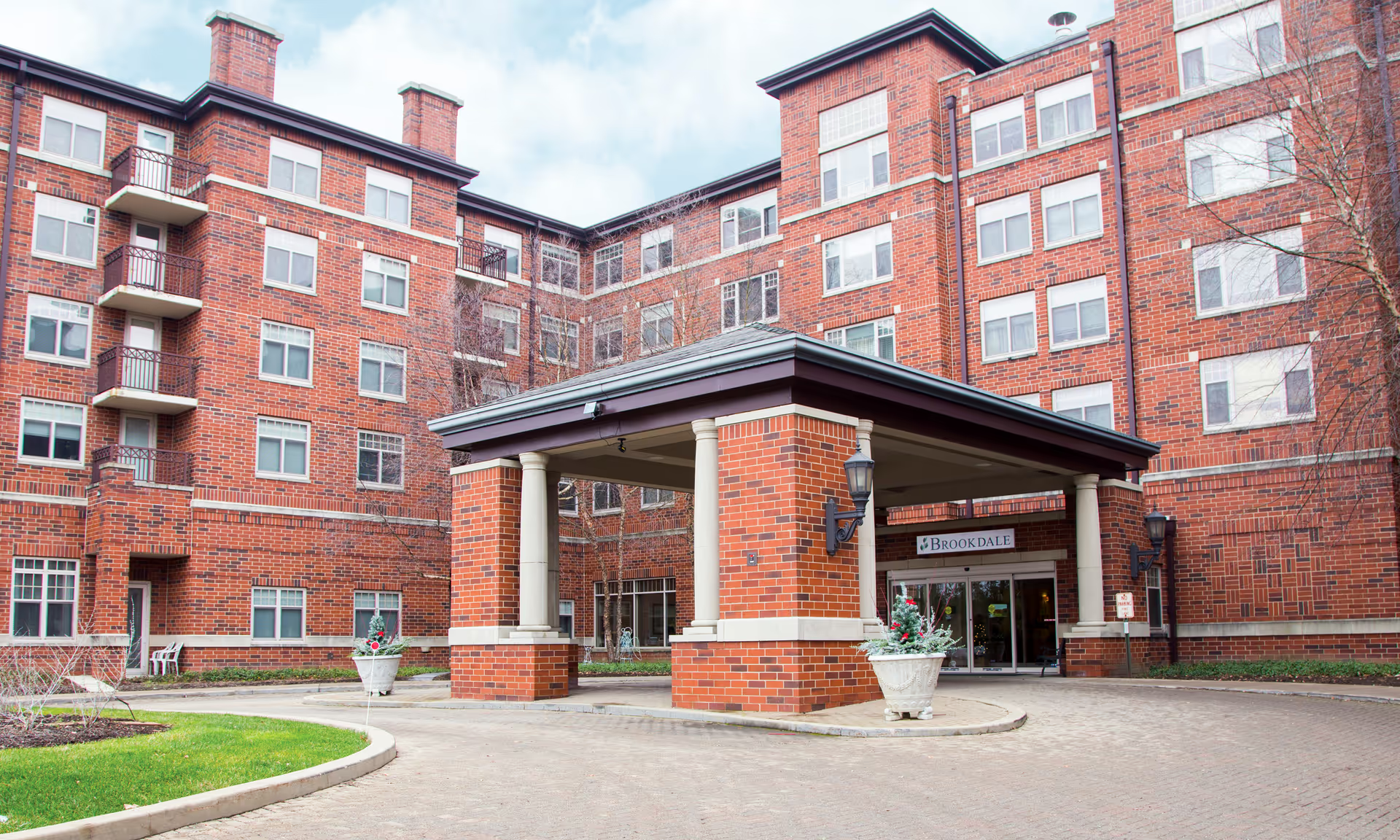Overall sentiment in the reviews is mixed but leans toward positive for the assisted living and rehabilitation aspects of Shawnee Estates, while significant concerns concentrate in memory care and some operational areas. Many reviewers highlight compassionate, attentive caregivers, a clean and attractive facility, apartment-style rooms, active programming, and helpful therapy and hospice services. Multiple families praised individual staff members and managers by name for kindness, care coordination, and going above and beyond, and several reviewers strongly recommend the community based on their experiences. At the same time, a recurring set of clinical, staffing, and maintenance issues appear frequently enough to be notable and to warrant caution.
Care quality and safety: Reviews describe two distinct experiential clusters. For assisted living and short-term rehab, reviewers frequently reported good clinical responsiveness, successful therapy outcomes, and attentive nursing/clinical staff. Families described staff contacting them proactively, coordinating hospice when needed, and helping residents transition smoothly. Conversely, memory care reviews raise serious concerns: multiple accounts note understaffing (a cited ratio of roughly 25 residents to 2 CNAs in one review), insufficient personal care (missed showers, residents smelling of urine), dehydration, multiple falls, and even claims of medications being administered without consent. There are also alarming single-case reports of extreme clinical events (an extremely high blood sugar reading and a death after a short stay) — while these are individual accounts, they underscore family worries about clinical monitoring and emergency response in some situations.
Staffing, culture, and communication: Many reviewers praise the front-line staff, aides, nurses, therapists, kitchen staff, and certain administrators for compassion and individualized attention. There are numerous specific shout-outs to staff members (e.g., Mallory, Fran, McKensey, Shelly Meade) and remarks about staff “going above and beyond.” However, staffing shortages and turnover are recurring themes. Memory care staffing shortages, delayed nurse responses on weekends, and rotating caregivers (which some families prefer to avoid) were raised as problems. Communication is described as excellent by many families — timely updates, care conferences, and responsiveness — but not uniformly: some reviewers found communication insufficient or inconsistent. Several accounts note that a new director is trying to improve operations, indicating some responsiveness at the management level.
Facilities, upkeep, and environment: The facility’s aesthetic and layout receive strong praise. Reviewers repeatedly describe the building as beautiful, hotel-like or mansion-like, with pleasant common areas, holiday decorations, courtyard/nature views, and secure outdoor spaces. Apartment-style rooms and private studios with private baths are highlighted positives. At the same time, maintenance and housekeeping problems are mentioned by multiple families: dust on floors, patchy drywall repairs, broken cabinet doors, limited hot water, and periodic hallway odors. Some reviewers cite ongoing updates and remodeling, suggesting active improvements, while others feared these issues reflected insufficient routine upkeep.
Dining and activities: Dining impressions are mixed but generally positive, especially earlier experiences when the chef and menu were praised. Many reviewers described enjoyable communal meals, a sizable nightly menu with specials, and social dining with tablecloths and a restaurant-like feel. Several families noted a decline in food quality over time or inconsistent meals and limited dietary accommodations (e.g., gluten-free not always provided). Activity programming is often cited as a strong point for assisted living — farmers markets, animals, music therapy (iPods used to calm Alzheimer’s patients), cookouts, outings, Bingo, and family-inclusive events are mentioned. However, multiple reviews specifically call out a lack of activities in the memory care unit.
Operational safety and other serious concerns: Beyond routine care concerns, a number of reviews raise deeper safety and operational alarms: allegations of pests (bedbugs, ticks), staff vaping in front of residents, medication administration without family consent, lost personal items (clothes, blankets, teeth), and at least one report of a resident being fired for being sick. These are serious claims that suggest lapses in infection control, staff supervision, and housekeeping/laundry processes. Several reviewers also mention rate increases and question value relative to cost.
Patterns and overall recommendation: In aggregate, Shawnee Estates appears to offer a high-quality environment for many assisted living and rehabilitation residents — attractive facility, engaged activities, caring staff, and good therapy/hospice support. Families considering Shawnee Estates should weigh those positives against the consistent memory care concerns and operational inconsistencies reported. If a prospective resident requires memory care, reviewers’ recurrent complaints about understaffing, inadequate hygiene assistance, limited memory-program activities, and some alarming clinical incident reports mean families should conduct thorough, targeted inquiries: ask for current staffing ratios (day/night), observe the memory care neighborhood during multiple times of day, request documentation on incident reporting and pest control measures, and clarify dietary and medication consent policies. For assisted living or short-term rehab needs, many families had very positive experiences, but even then it’s wise to ask about recent staff turnover, food-service changes, maintenance schedules, and weekend nursing coverage.
Bottom line: Shawnee Estates receives strong praise for its people, appearance, community feel, and therapy/rehab strengths, and many families are very satisfied. However, repeated and specific complaints about memory care staffing and care lapses, maintenance and housekeeping shortfalls, and several serious incident-type allegations mean that prospective residents — especially those needing memory support — should perform careful, focused due diligence before committing. Many reviewers note recent management attention and facility improvements, so also ask about recent corrective actions and metrics to confirm whether the negative patterns have been or are being resolved.







